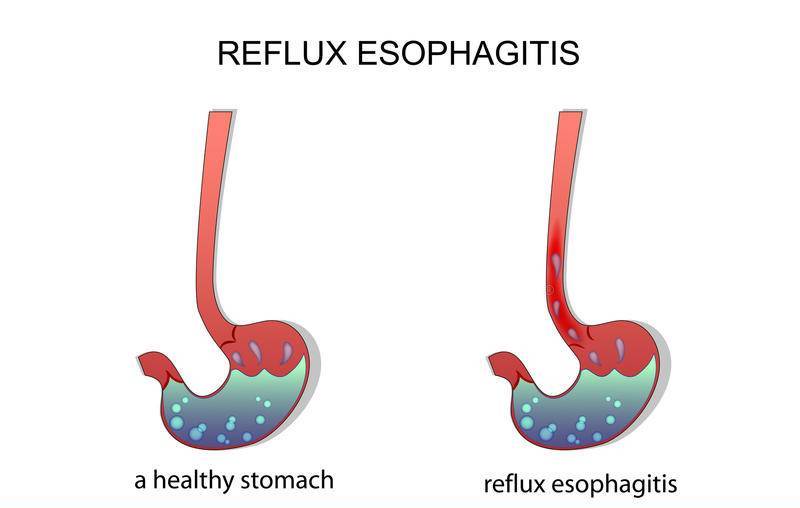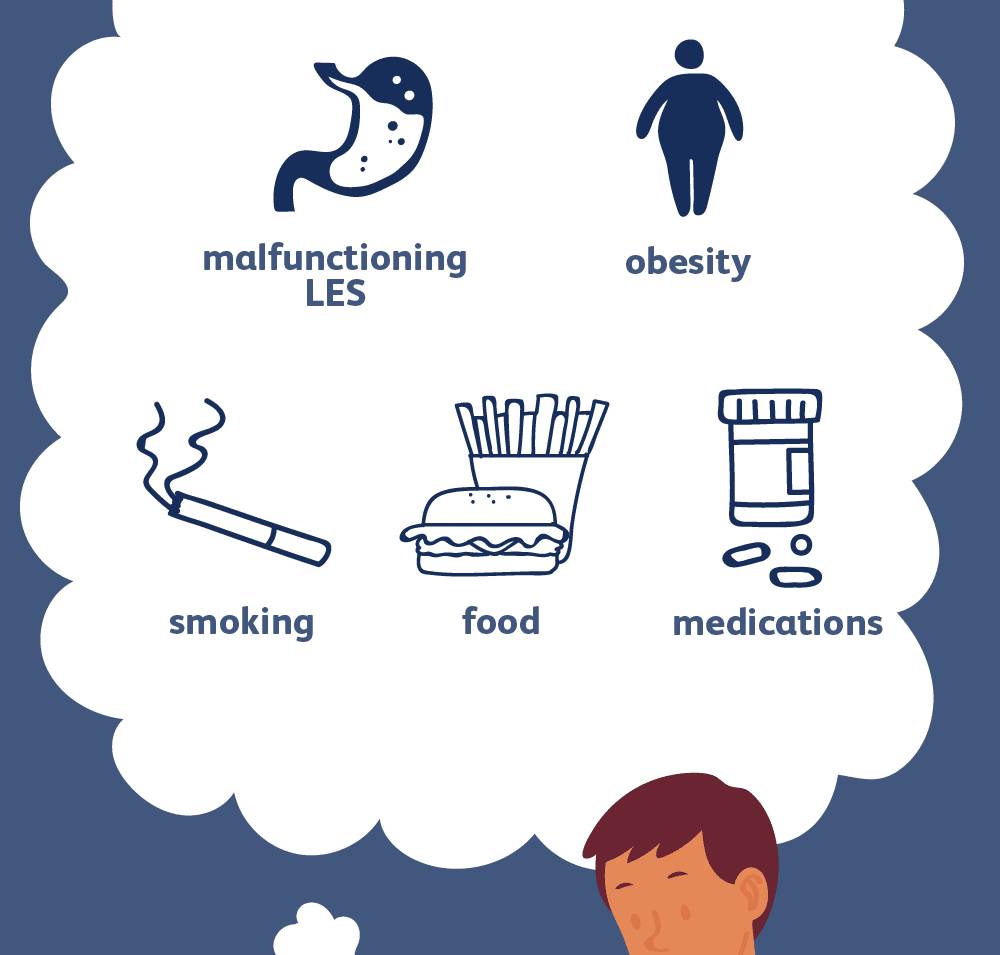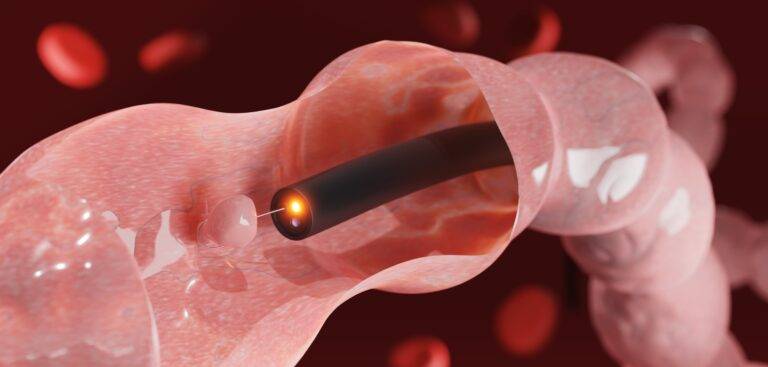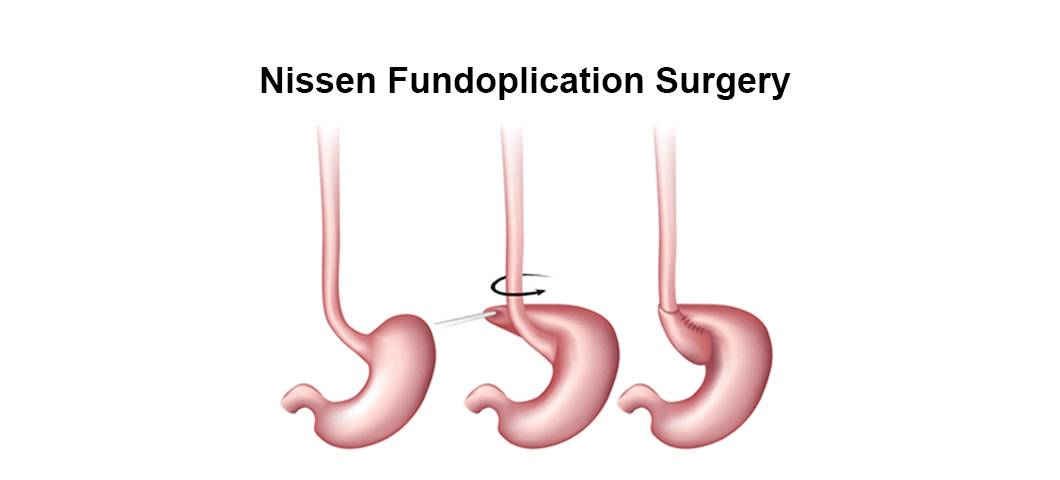320
views
views
"If you are experiencing esophagitis, do not hesitate to contact Dr. Samrat Jankar, an acclaimed gastroenterology surgeon in Pune. He has amassed a wealth of knowledge and experience by successfully managing hundreds of challenging cases.
"
"
















